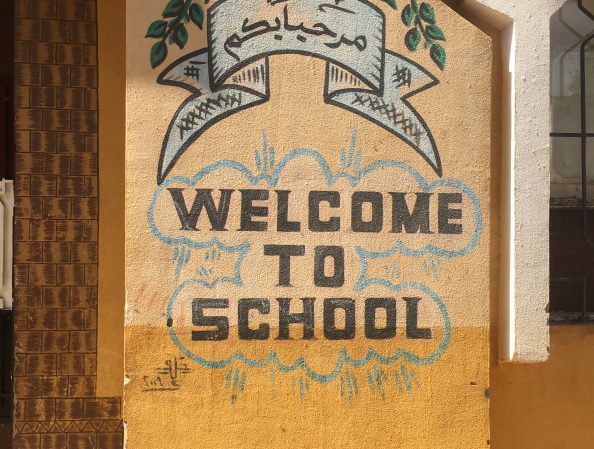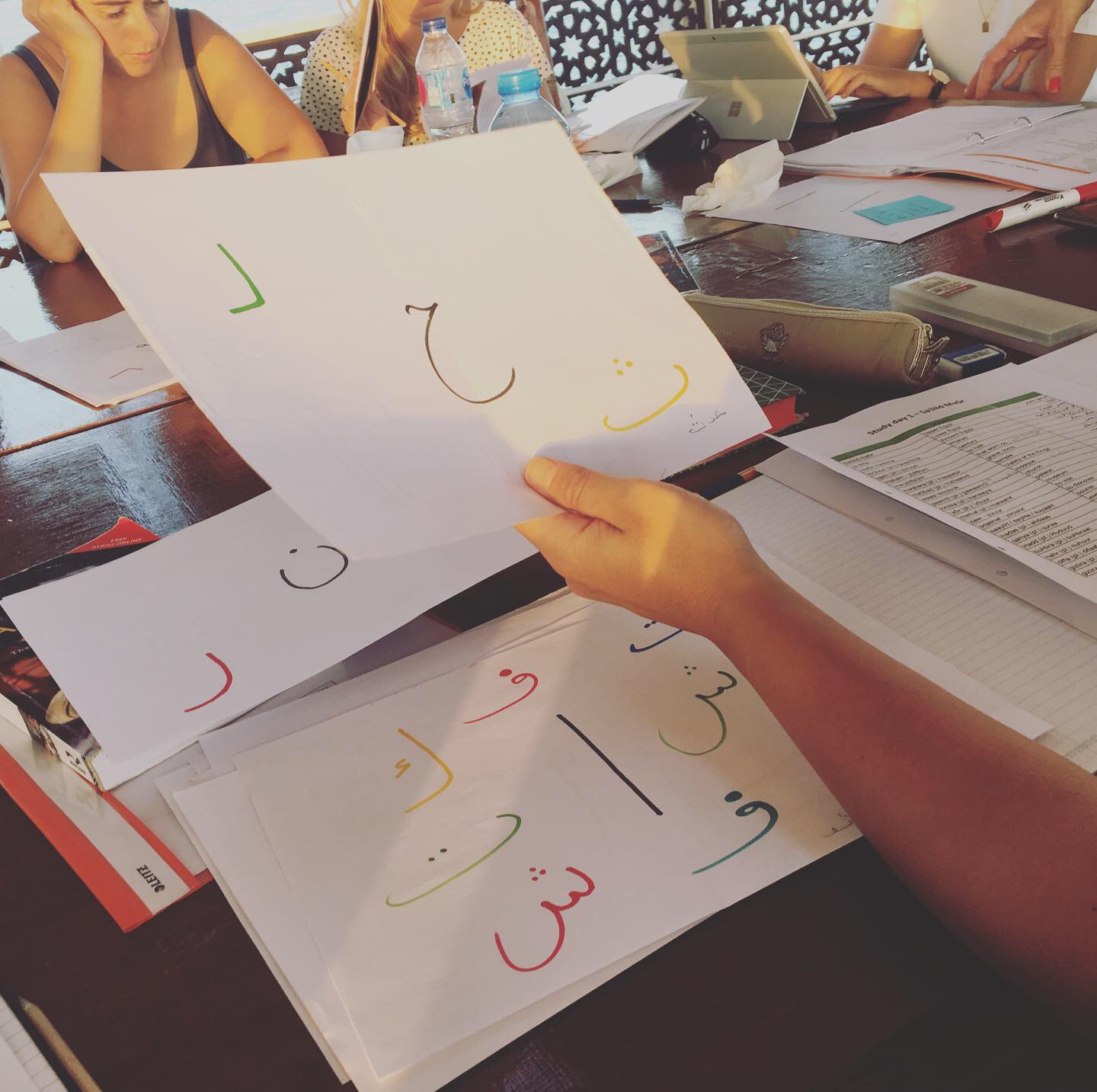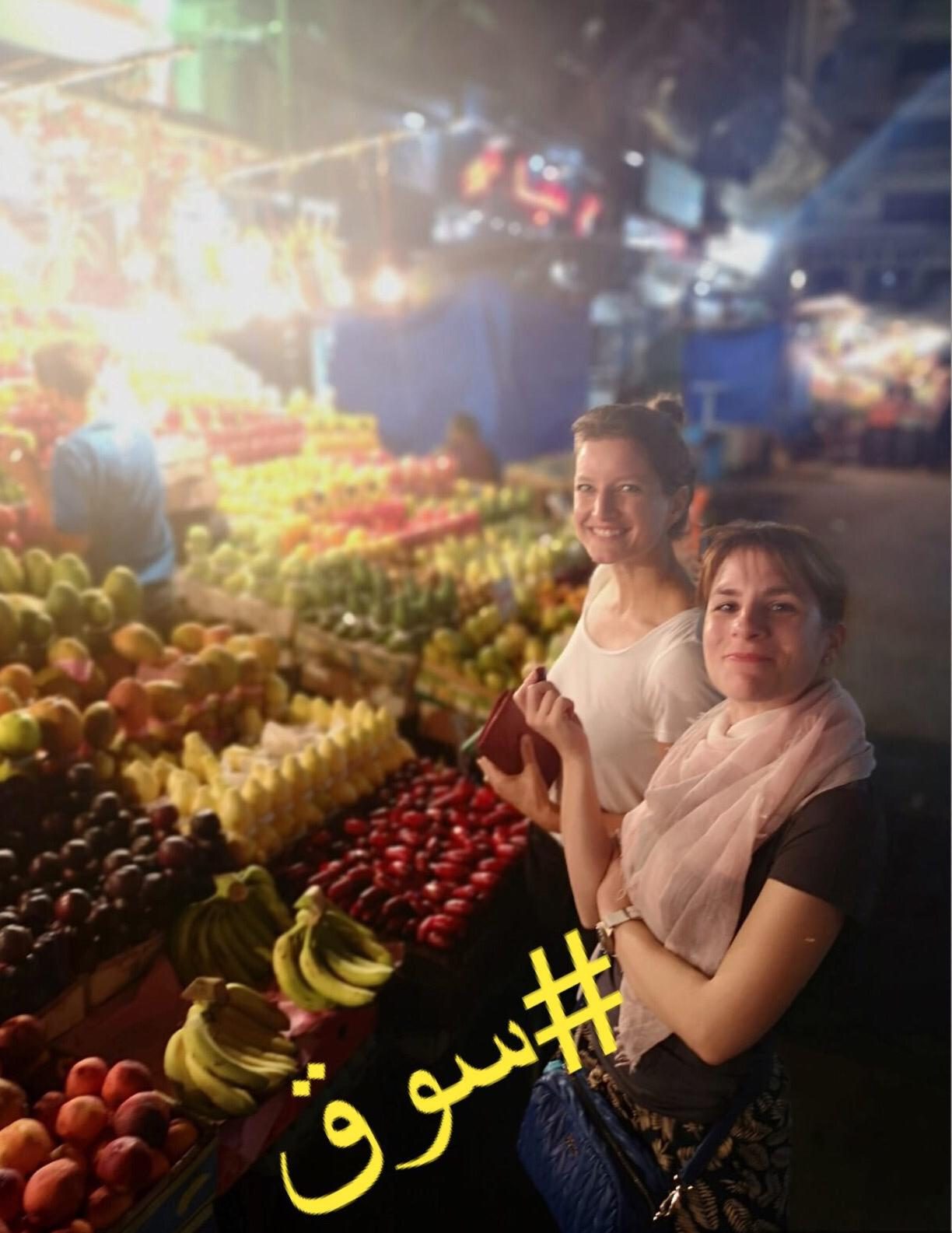Our Arabic teacher Roel guides you through the labyrinth of Arabic dialects:
When we think about Arabic, we think about the language that is spoken in countries from Morocco to Oman and from Iraq to Sudan. The Arabic language must be very widely understood then, right? Well, on the one hand it is, but on the other hand it isn’t. The language can be divided between the written form that is called Modern Standard Arabic (MSA or in Arabic ‘Fusha’), and the spoken varieties (dialects or in Arabic ‘3amiyya’) that people speak with friends, family and colleagues.
The Modern Standard Arabic form is basically understood in written form in the entire Arab world. It’s used in books, media, and subtitles; usually anything that’s written down. It’s the language that is derived from Classical Arabic (the ancestor of the dialects as well). This Classical Arabic was renewed in the 19th century with the coming of many new ideas and concepts gradually evolved into MSA.
The dialects are different from one country to another, and are even different in various regions and cities. With the help of education in Modern Standard Arabic, most dialect speakers would know how to understand some other dialects as well. There are roughly four different varieties: North African Arabic (Maghribi), which is notorious for not pronouncing lot of vowels. There is Nile Arabic, with Egyptian Arabic (Masri) that counts for roughly one-third of the Arabic speaking population. Also, there is Levantine Arabic (Shaami), which includes Palestinian, Jordanian, Lebanese, Syrian and (some) Iraqi dialects. In Saudi Arabia and the Arabian Gulf people speak Gulf Arabic (khaleeji).
At Taalhuis we’ve been teaching Egyptian Arabic, Levantine Arabic and MSA for some years now and this summer you can follow our first Moroccan Arabic course!
This summer we also teach a six week course to learn how to read and write the Arabic alphabet. For the ambitious students there is an MSA intensive course to teach you the basics of this very useful variety. If you already know some Arabic at roughly level B1-B2, we also offer a course for reading short stories together so you can get more familiar with MSA literature! For those who want to work on their Levantine speaking skills Hilda will host 6 conversation sessions, in the park, in café’s and in Arabic supermarkets to make sure you practice a real life situation!
And if you would like to learn all dialects at once, join Heba’s conversation course around songs of the Arabic world. Start now by testing yourself with Tamer Hosny – kull illahagaat and see if you can tell the difference in the dialects: https://www.youtube.com/watch?v=kiOwFGadDAc



